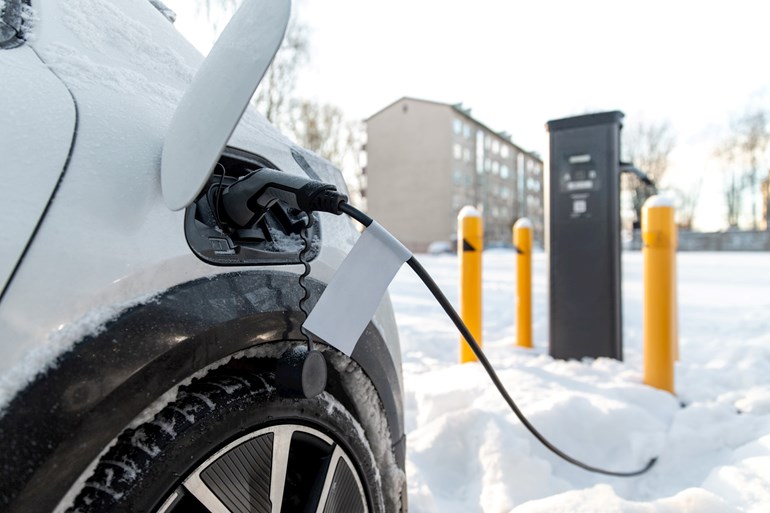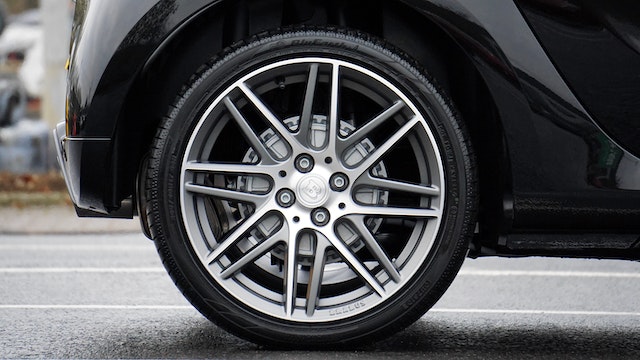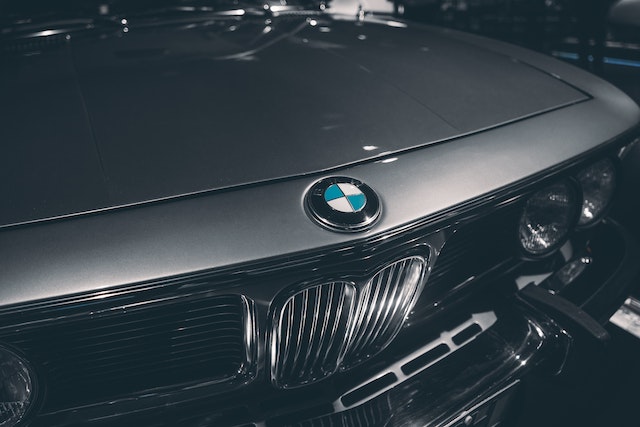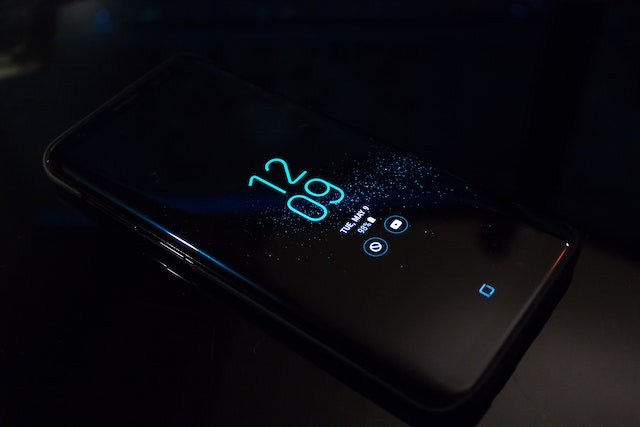When buying an electric vehicle, you will want to know how efficient it is at withstanding colder weather conditions, to be able to research into how to care for your car properly.
This is especially important when investing in electric insurance for your car, and knowing what you may need to do differently in colder conditions, to ensure that your vehicle performs at its best.
Here are a few things to take into consideration, when reading up on how efficient electric cars are in cold weather.
How Cold Weather Affects Electric Cars
The main affect that colder weather has on electric cars is the reduction of their maximum driving range. As the temperature drops, it slows down the chemical reactions that happen for the battery powering the car to absorb and release electricity. This greatly reduces the battery’s performance, and the ability it has to take you on your important journeys.
Your electric car will require more charge for the same distance journeys in winter, but there are ways to optimise your electric car’s range, like being gentler when braking and accelerating.
Electric Car Range In The Winter
Taking a closer look at how well your electric car can perform in colder weather, it would be important to look at specific ranges. As already mentioned, the cold weather affects the car’s battery performance, but how much does it affect the car’s range?
AAA (American Automobile Association) state that the range lost during cold weather could be up to 40%, but this is at its most extreme level, where the range lost is more commonly around 12-15%. This makes the loss not too bad overall.
It’s also important to know that the amount of range lost is individual to the particular vehicle and the model, for example.
Those who may see these as rather bad should take into account that gas-powered vehicles lose similar ranges during the colder months. The U.S. Department of Energy state that their internal combustion engines have around 12% worse fuel economy at 20 degrees Fahrenheit.
All in all, both types of vehicles suffer from a lower performance within colder climates, so it lessens the competition from them both.
Improving Efficiency
Although electric cars do lose some of their efficiency during winter, there are easy ways to combat this. Simple things like keeping your car and tracks clean, by removing ice or slush will massively help. Any ice adds to the weight of your electric car (which is already heavier than a gas-powered car), affecting the aerodynamics.
Due to an electric car having a lower center of gravity, it helps with the traction on any potential slippery roads. To also combat this there’s some useful equipment to remember while on a winter drive: non-freezing solutions, a small shovel, and an ice scraper.
It’s clear to see that electric cars do perform less efficiently, but they do have ways of improving this. Overall, they can be closely compared to gas-powered cars when it comes to both of their efficiencies in the winter, so which one will you choose to drive this winter?














